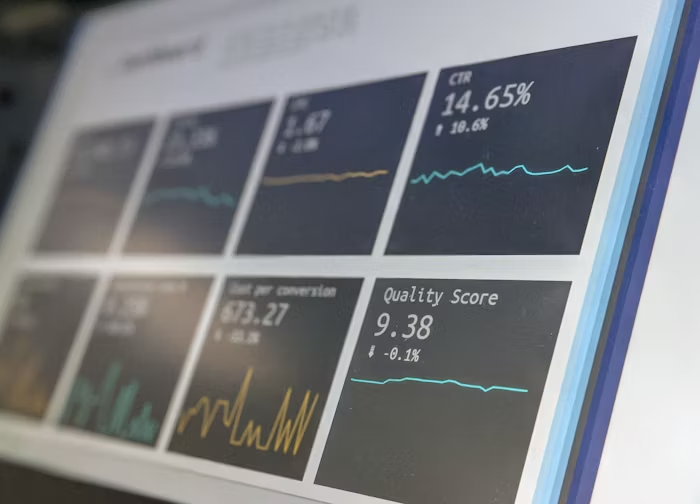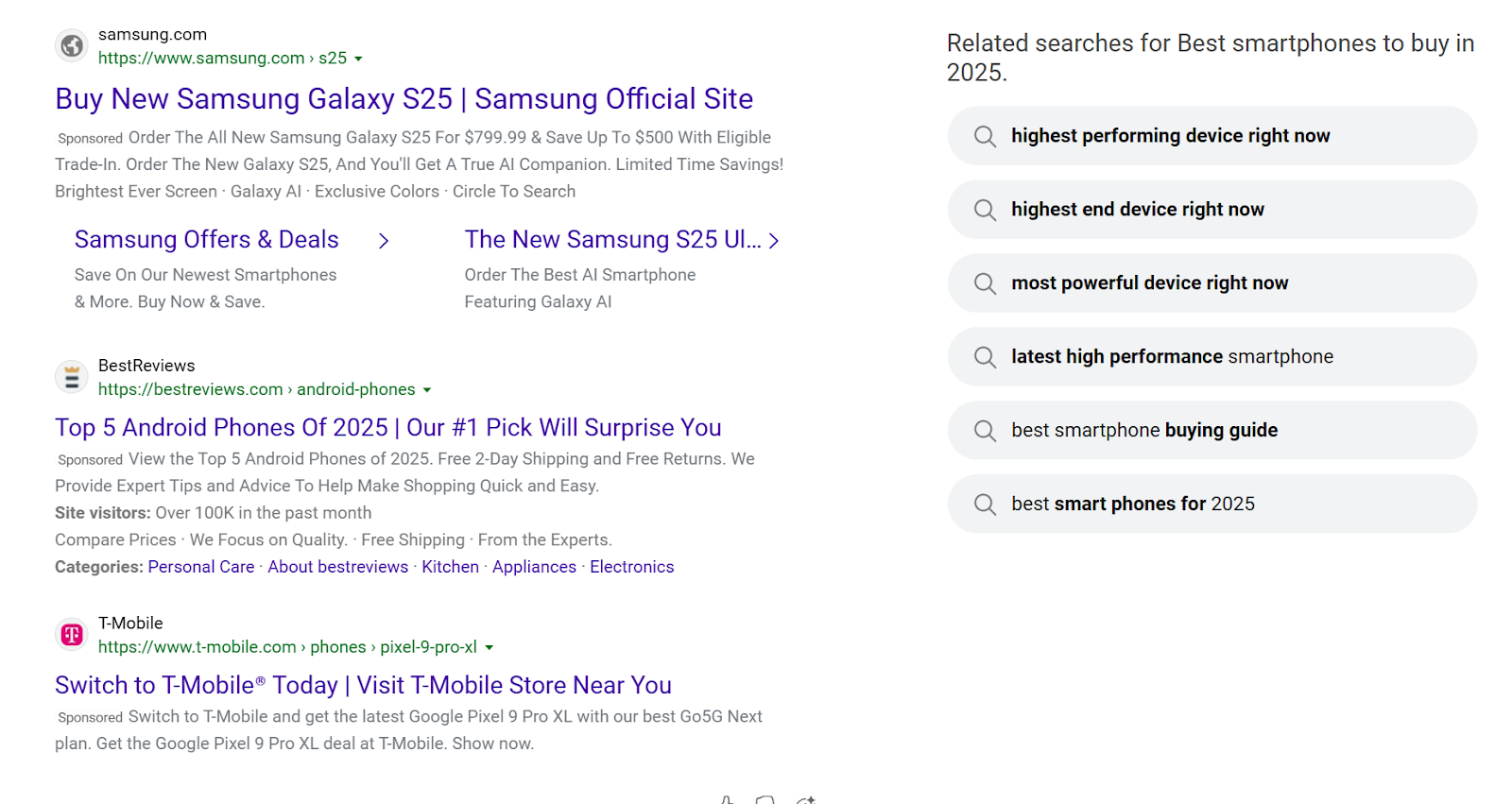
How to Use Keywords for Search Engine Optimization (Update 2025)
How Can SEO Help Your Business in 2025?
Search Engine Optimization (SEO) continues to be one of the most impactful digital marketing strategies in 2025. For businesses—especially small businesses—SEO can be a game-changer. It boosts brand awareness, nurtures relationships with your target audience, builds credibility, and most importantly, helps your website rank higher on search engines like Google.
Today, SEO isn’t just about stuffing keywords into your content; it’s about delivering relevant, high-quality content and optimizing your digital presence to align with how people search online. This means improving site performance, leveraging data-driven insights, creating media-rich content, and engaging in smart outreach.

Why SEO Matters in 2025
SEO levels the playing field. Unlike large corporations with massive marketing budgets, small businesses can compete by smartly optimizing their online content. SEO helps your website rank higher on search engine result pages (SERPs), attracting more targeted traffic and ultimately leading to more conversions and sales.
Here are some of the updated key factors that influence SEO rankings today:
- Quality of Content
- Trustworthiness and authority of sources
- User engagement metrics (bounce rate, session duration, pages per visit)
- Website speed and mobile performance
- Relevant keyword targeting
If users find your website valuable and stick around—scrolling through pages, watching videos, reading blogs—search engines will interpret this as a signal of relevance and boost your rankings.

What Are Keywords (And Why Do They Still Matter)?
Keywords are the terms and phrases people type into search engines. Businesses use keyword research to understand what their target audience is looking for and create content that matches those search intents.
For instance, someone searching for a new phone might type: “Best smartphones to buy in 2025.” Search engines then display results based on how well websites match that query. Some of these will be transactional, such as product listings, while others will be informational, like blog posts or reviews.
SEO and keywords go hand-in-hand because:
- Keywords determine how search engines categorize your page.
- High-volume, low-competition keywords offer a greater chance to rank higher.
- Tools like Google Keyword Planner and SEMrush help identify target keywords with good ranking potential.
For example, if you search “SEO,” you’ll see it has a very high search volume but also very high competition. On the other hand, something more specific like “technical SEO agency” may have lower volume but is easier to rank for. Ideally, you want keywords that balance search volume and keyword difficulty.

How Does Content Influence SEO in 2025?
Content remains a cornerstone of SEO. But not just any content—data-driven, value-rich, multimedia-enhanced content performs best.
Whether you're blogging, podcasting, filming videos, or posting on social media, SEO ensures your content reaches the right audience. For example, a brand that sells running shoes might create content like:
- “Top 5 Marathon Shoes in 2025”
- “Durability Test: Are Our Running Shoes Built to Last?”
This kind of targeted content allows you to inform, engage, and convert potential customers. You’re not just selling a product—you’re becoming a trusted source of information.

Different Forms of SEO-Driven Content Include:
- Videos: Adding videos to your pages can increase time spent on your site.
- Blogs: Consistent blogging with targeted keywords drives traffic and helps search engines index your website more effectively.
- Podcasts: Titles and descriptions with relevant keywords can help podcasts appear in search results.
- Social Media Posts: Use SEO best practices like hashtags, trending topics, and keyword-rich captions to boost reach.
Small Business SEO Tips for 2025
SEO doesn’t need to be expensive. With the right approach, small businesses can grow organically. Here are five key strategies you can apply:
- Create Data-Driven Content: Leverage data from your industry to publish original studies, reports, or trends. Journalists and bloggers are more likely to cite your research, building backlinks and credibility.
- Run Digital PR Campaigns: Go beyond traditional link-building by distributing content to media contacts and aligning campaigns with trending industry topics. Digital PR is cost-effective and builds trust.
- Make Video Content a Priority: Platforms like YouTube boost your visibility and help you rank for both text and video queries. Embed videos into landing pages and blogs for more user engagement.
- List on Professional Classified Sites: Directories like Yelp, Clutch, or niche-specific listings give you authoritative backlinks and help local SEO. Make sure your name, address, and phone number (NAP) are consistent across platforms.
- Website Speed Matters: While not the only factor, fast-loading websites improve user experience and SEO rankings. Use drag-and-drop builders for affordability but work with a tech SEO expert to ensure your site is optimized.
Final Thoughts
In 2025, SEO isn’t optional—it’s a fundamental part of growing any business in the digital age. Whether you’re running a small business, launching a new product, or scaling an established brand, the principles remain the same:
Create helpful content. Target the right keywords. Build trust. Stay fast and mobile-friendly. Promote your brand with purpose.
By applying these strategies, your brand can stand out online, connect with the right audience, and drive long-term growth.

